The issue of India's need to maintain its non-aligned stance was not new, EAM Jaishankar said
India has been able to sustain its non-alignment policy in the "polarized global scenario" because of being clear about its goals and confident in its ability to achieve them, External Affairs Minister S Jaishankar said on Saturday.
However, he stated that the country's interests must be "harmonised" with as many members of the international community as possible, emphasizing the importance of diplomacy in this respect.
The External Affairs Minister was responding to a question during an interaction with students and faculty of IIT Guwahati during a visit to Assam.
Speaking on the Ukraine war, he remarked that the issue of India's need to maintain its non-aligned stance was not new and added that any time the globe polarized, it had its own complexities.
Responding to another question, EAM Jaishankar, in an apparent reference to India's stand on the Russia-Ukraine
conflict, said, "On some issues, there was a concerted effort to pressurise us. A lot of it came from the international media, some of it came from other governments".
In response to a question on how India perceives and responds to shifting dynamics in its neighbourhood, as well as how it challenges Chinese "exploitation" of the situation, he said it can be dealt with confidently.
In response to China's challenges, he stated that in the majority of cases, if one continues to do what is best for oneself, most of the issues would be resolved.
Neighborhood First
EAM Jaishankar also spoke about the "Neighbourhood First" strategy, stating that India has made it plain that it wants to be the region's "larger lifting tide."
"You must understand the enormity of what is taking place right now. Road rail links with Bangladesh have been restored, inland waterways are coming in, electricity is being supplied. This is also happening at a lesser scale with Myanmar, Bhutan, and Nepal," he pointed out.
Noting that India was the biggest country in the region, he said the neighbouring countries "are far behind us in the development curve... many of them. We need to make up our mind. Do we want a larger, prosperous, secure, participative neighbourhood?"
"We are very clear that we have to be generous...there can be problems, we must be big enough to think beyond that. We must be the larger lifting tide for the entire neighborhood," he remarked.
In response to a query on refugees from Myanmar seeking asylum in Mizoram, Jaishankar stated that India is attempting to determine whether it can assist in resolving the core cause of the problem that has resulted in the influx.
He was quick to add, though, "We are not an open house for the rest of the world and it is not in our interest to be so." He further emphasized that diplomacy is "the first line of defence" in a nation's progress and security.
 Contact Us
Contact Us  Subscribe Us
Subscribe Us




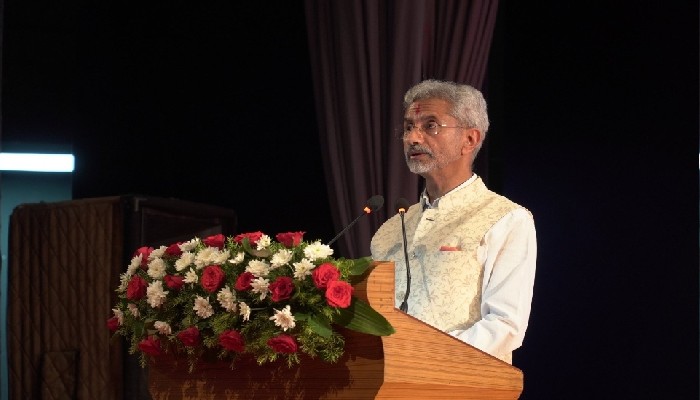
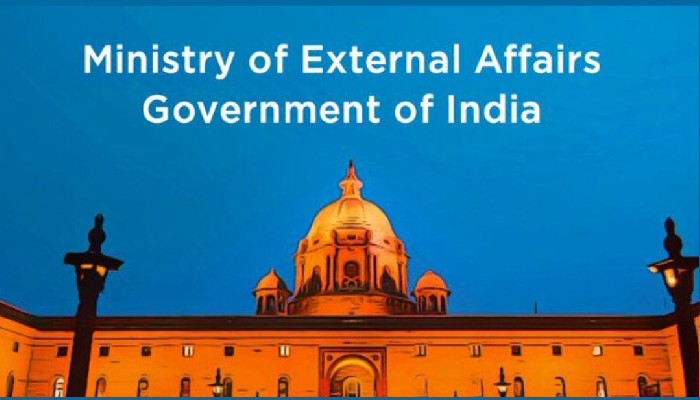
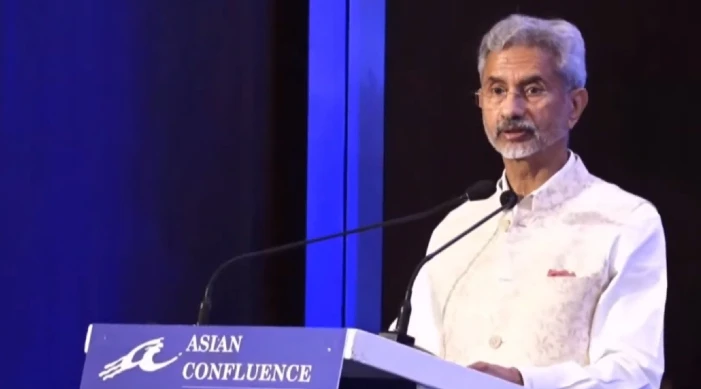
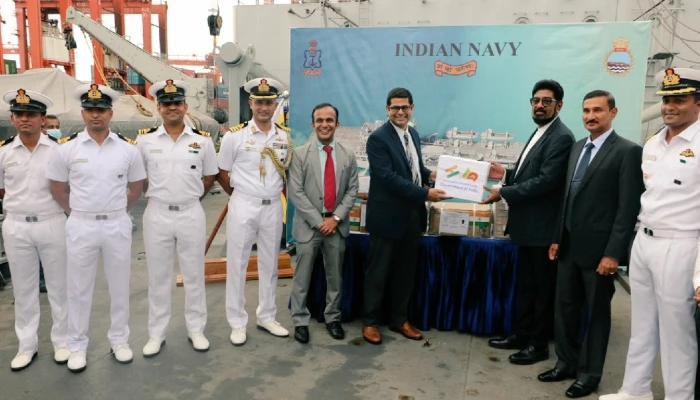
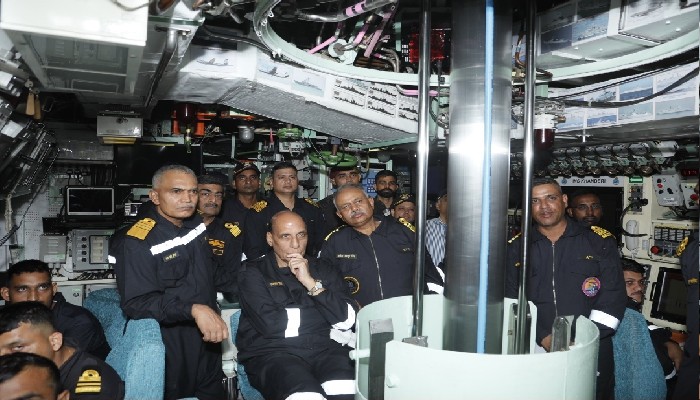
 Contact Us
Contact Us
 Subscribe
Subscribe
 News Letter
News Letter

